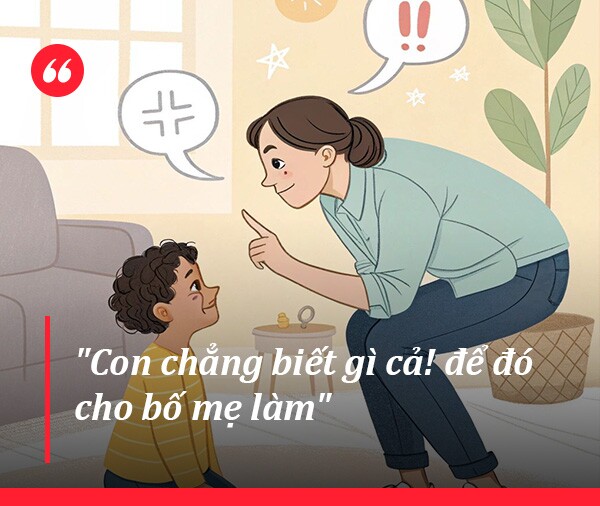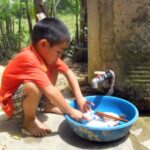Many parents still rely on oppressive education, a remnant of traditional culture, where praise is sparse for fear of children becoming arrogant. As a result, parents often unintentionally pressure their children with their words. Experts have identified three common phrases that parents may unknowingly use, hindering their children’s path to success.
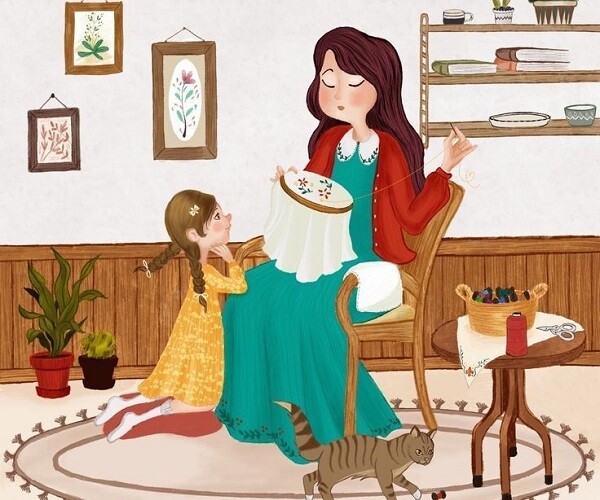

“If you can’t even do this, what can you do?”
This simple phrase can be like an icy winter chill, instantly dousing the fire within a child.
A netizen recalled: “When I was young, I once broke a plate while washing dishes. But my mother’s words, ‘If you can’t even do this small task, what else can you do?’ stayed with me for 20 years. As an adult, when faced with challenges at work, these words would echo in my mind, leaving me frozen and fearful.”
Sometimes, a parent’s simple refusal can become a harsh self-judgment for their child.
In psychology, there’s a theory of learned helplessness, which suggests that when children repeatedly experience uncontrollable failures and negative evaluations, they may fall into a state of hopelessness, thinking, ‘No matter how hard I try, the outcome won’t change.’
The above phrase undermines a child’s sense of exploration and belief in their abilities. Over time, they may withdraw, become insecure, or give up trying.
Wise parents understand this and instead of asking, ‘What can you do?’ they skillfully ignite their child’s passion. For instance, when faced with a misbuilt Lego model or a failed test, they might say:
“This model is so creative! Let’s see how we can make it sturdier.”
“That was a tough question! Let’s figure out where we went wrong.”
Such words spark confidence in children.
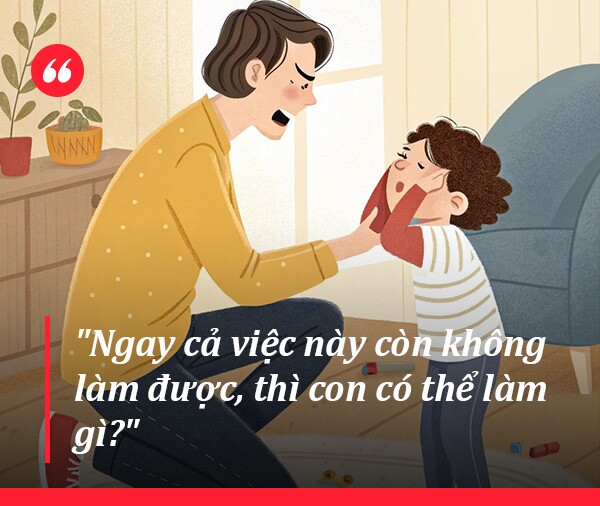

“When I was your age, I endured far more difficulties!”
Today’s children face immense academic pressure. Between school, extracurricular classes, and homework, they can become exhausted.
However, a common conflict in families is that children feel pressured, while parents believe that sharing their own experiences will motivate their children to improve. What they don’t realize is that this approach neglects the child’s emotions and invalidates their current struggles.
American psychologist Jonice Webb points out that when parents fail to empathize with their children’s emotional experiences, the children learn to suppress their emotions and struggle with healthy self-awareness and emotional regulation.
The underlying message of this phrase is: “If I keep telling my child that their efforts are insignificant, then their emotions don’t matter either.” Over time, the child may shut down emotionally or internalize this harshness, never feeling satisfied with themselves.
Instead, parents could try saying, “I sense that you’ve been under a lot of pressure and are feeling tired. Let’s think of ways to make things easier for you.”
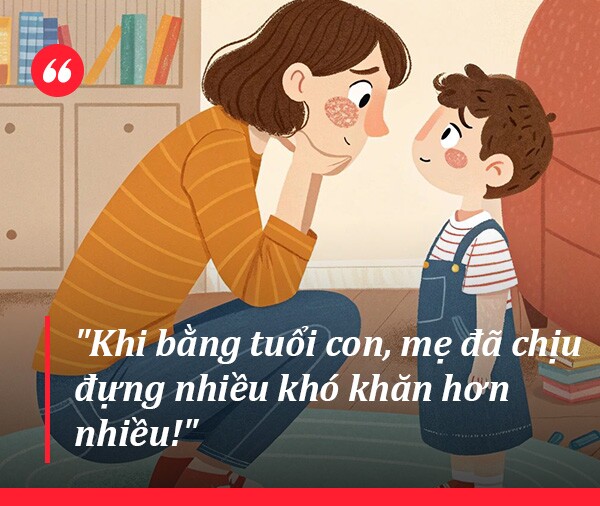

“You know nothing about this! Leave it to your parents.”
The self-determination theory in psychology suggests that competence, autonomy, and relatedness are basic psychological needs that all humans have, and autonomy is key to stimulating intrinsic motivation.
When parents make decisions for their children or think for them, it can hinder the development of their own opinions and lead to silent resentment.
Truly insightful parents don’t create a safe path for their children but protect their courage to explore the world.
Children who learn to navigate through trial and error from an early age will develop a stronger sense of direction. Thus, the silent obstacles in a child’s development often stem from their parents’ educational approach.
Parents should pay attention to their communication and words. Encouraging children to express their opinions, make decisions, and participate in family activities creates a positive environment for natural growth and confidence.
When parents listen and empathize, children feel loved and safe, empowering them to explore their potential. Appropriate encouragement serves as a driving force for children to develop, broaden their horizons, and build a solid foundation for the future. Thus, education is not just a responsibility but a journey where both parents and children grow together.
